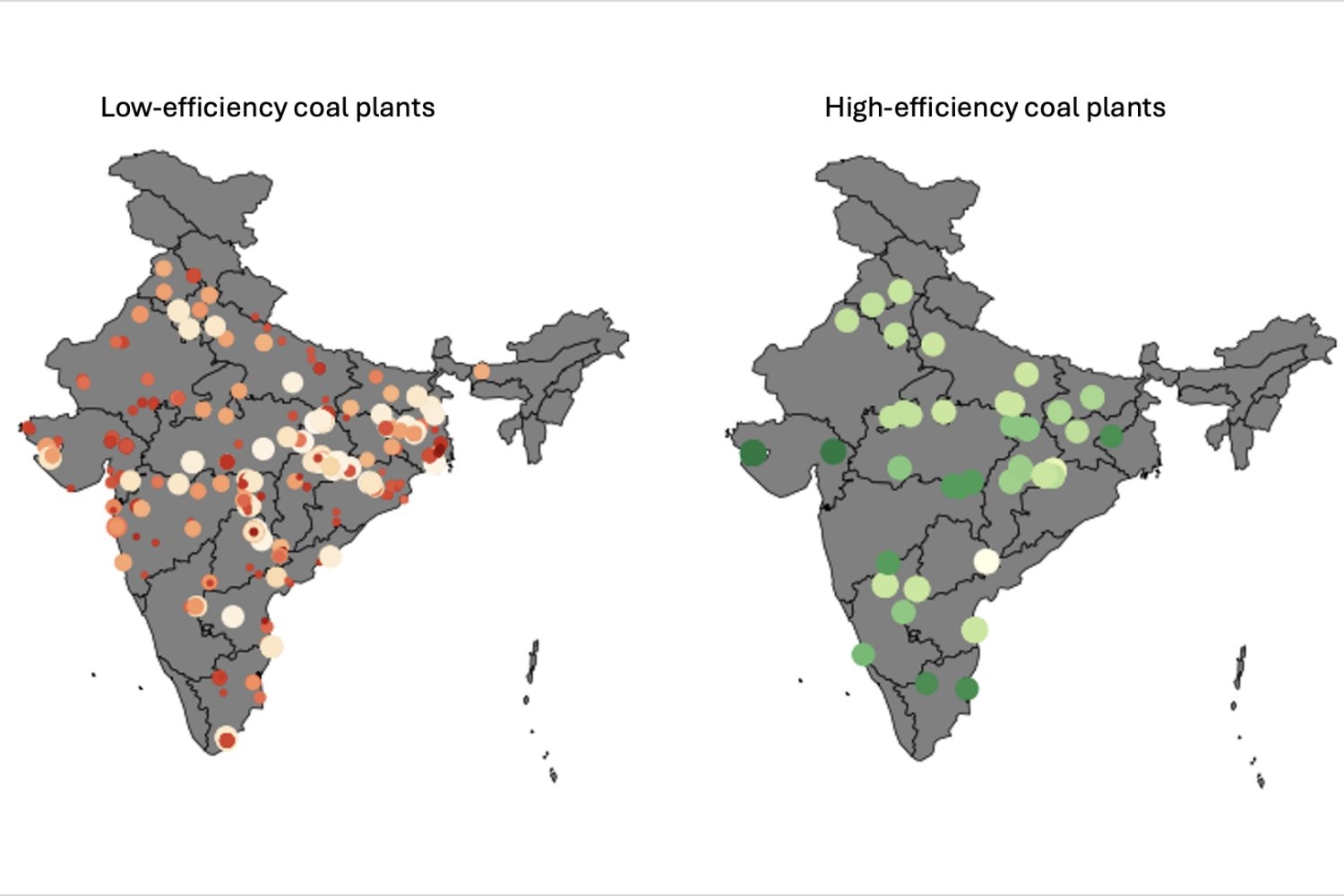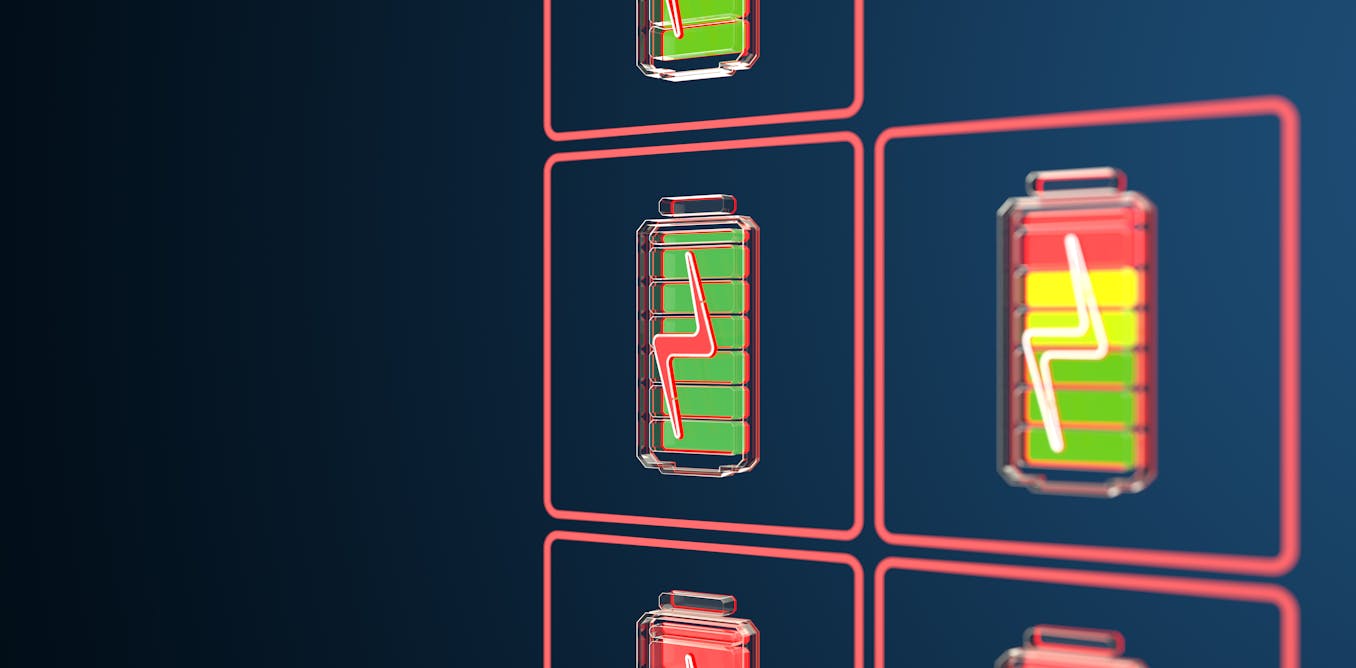How the ‘Big Beautiful Bill’ positions US energy to be more costly for consumers and the climate
Some technologies could rapidly cut emissions, while others do little to fight climate change. The House bill favors the latter while nixing support for the former.
June 10, 2025 • ~10 min
Robots run out of energy long before they run out of work to do − feeding them could change that
Even the best batteries fall far short of animal metabolism for energy storage. Fueling robots with ‘food’ could narrow the gap.
June 2, 2025 • ~9 min
Why predicting battery performance is like forecasting traffic − and how researchers are making progress
Battery management systems now blend physics and machine learning, delivering real‑time insights to boost safety, efficiency and lifespan even under heavy use.
April 25, 2025 • ~9 min
Utilities choosing coal, solar, nuclear or other power sources have a lot to consider, beyond just cost
To really compare different electricity sources, you also have to look at the roles they play in keeping the lights on and their drawbacks.
April 14, 2025 • ~8 min
Using liquid air for grid-scale energy storage
New research finds liquid air energy storage could be the lowest-cost option for ensuring a continuous power supply on a future grid dominated by carbon-free but intermittent sources of electricity.
April 10, 2025 • ~13 min
Radioisotope generators − inside the ‘nuclear batteries’ that power faraway spacecraft
When a spacecraft is too far from the Sun to use solar panels, it needs a different reliable source of power.
March 14, 2025 • ~9 min
/
22










